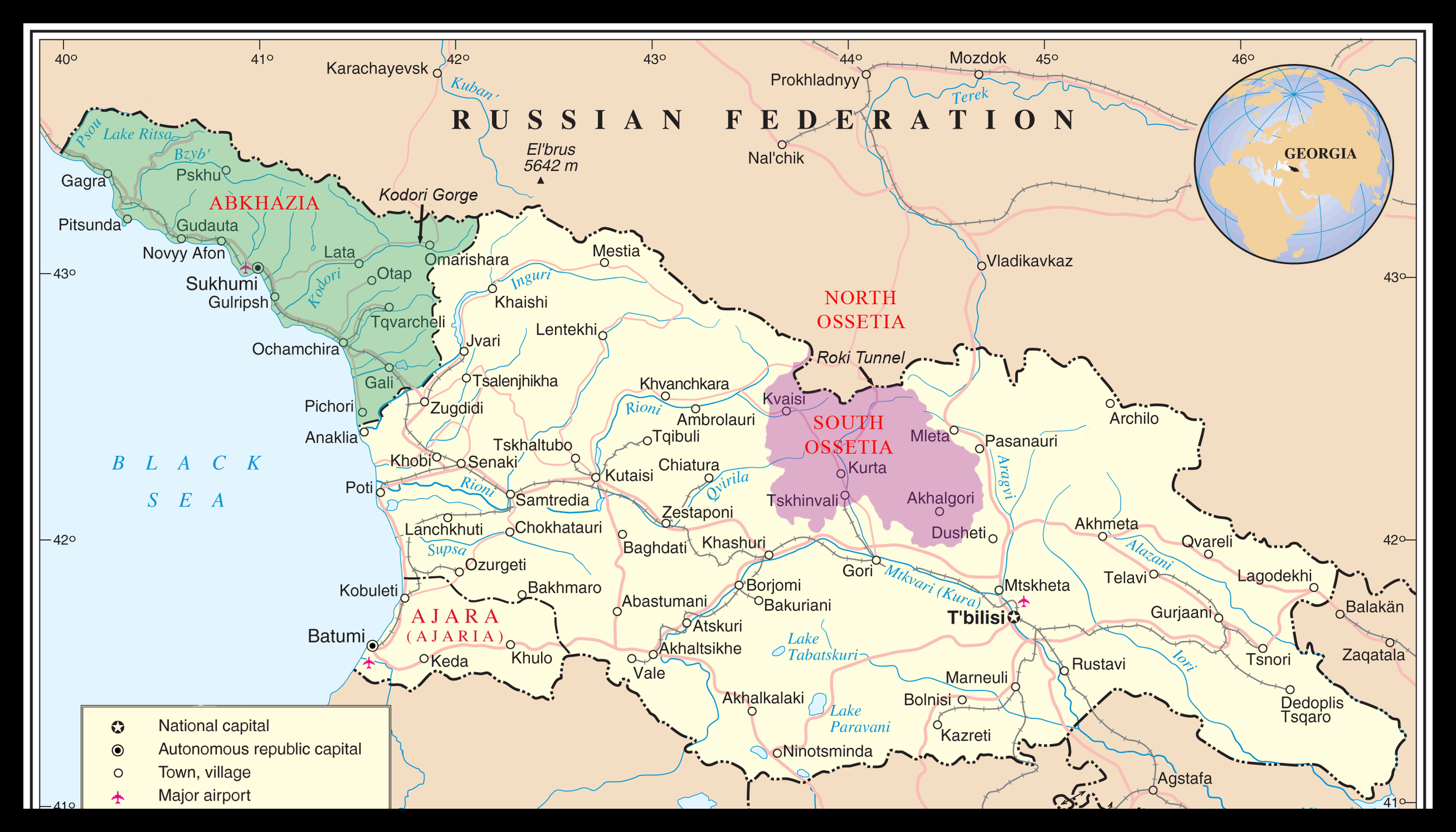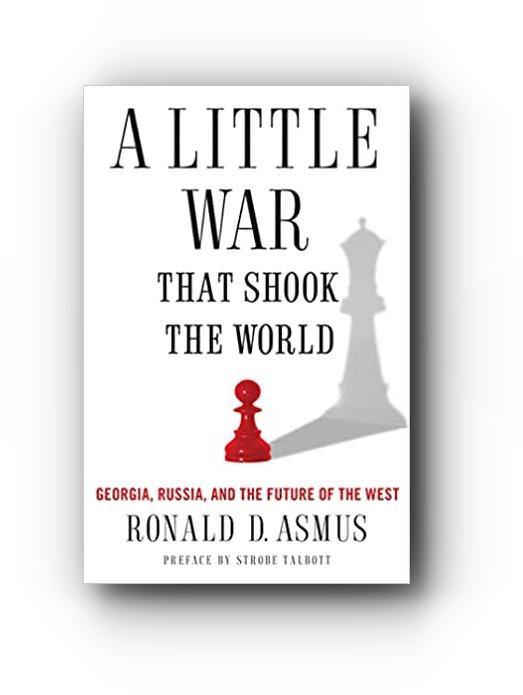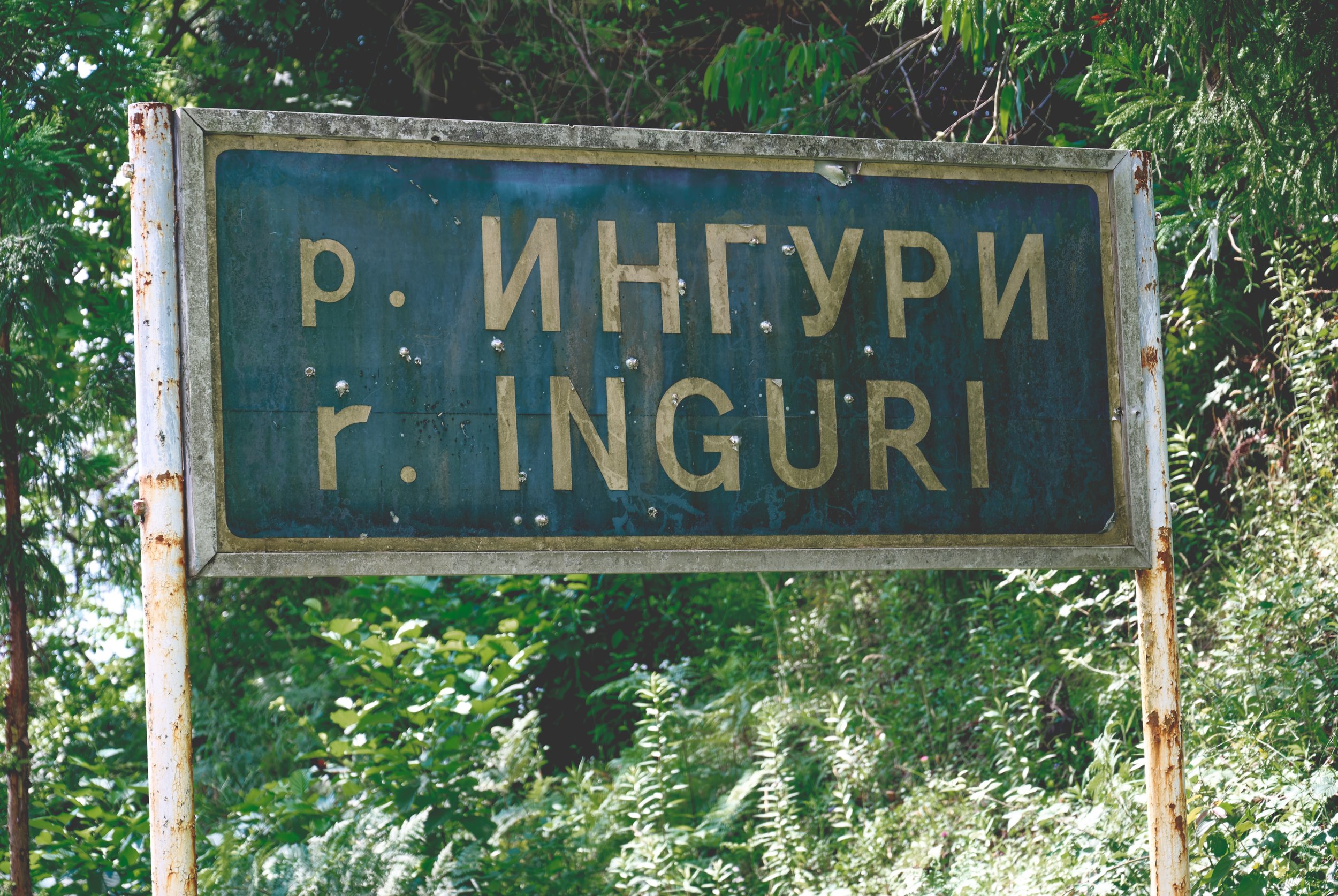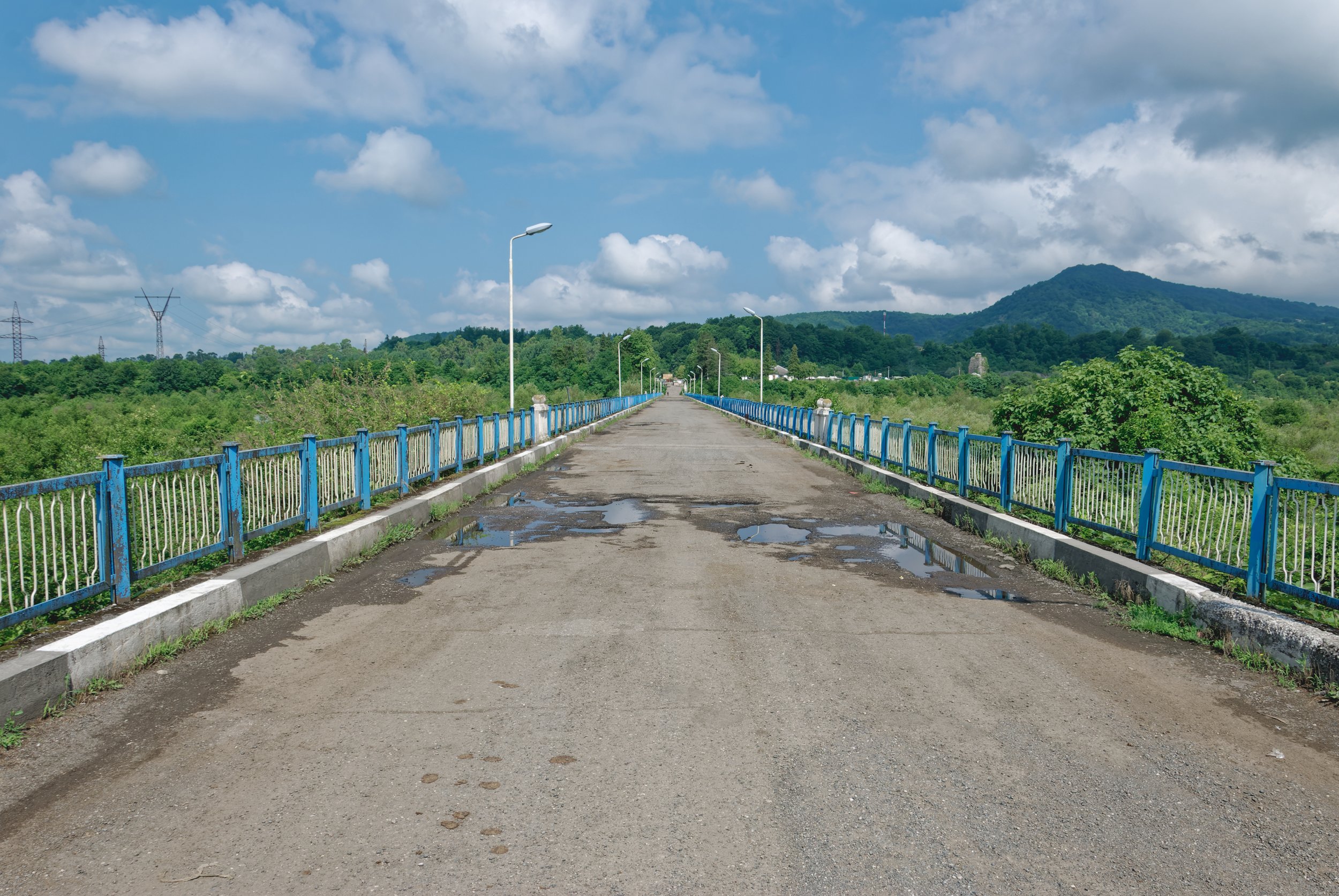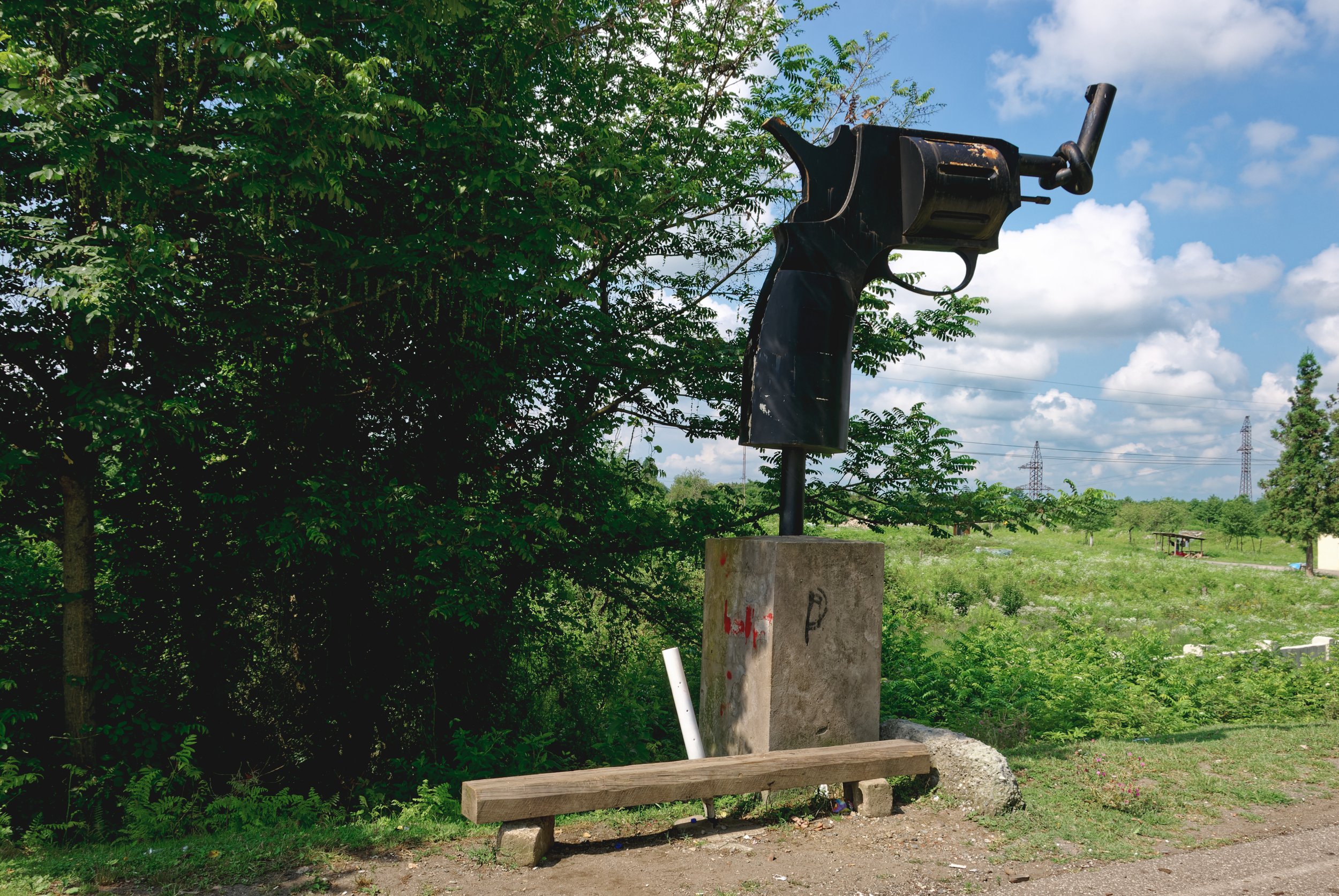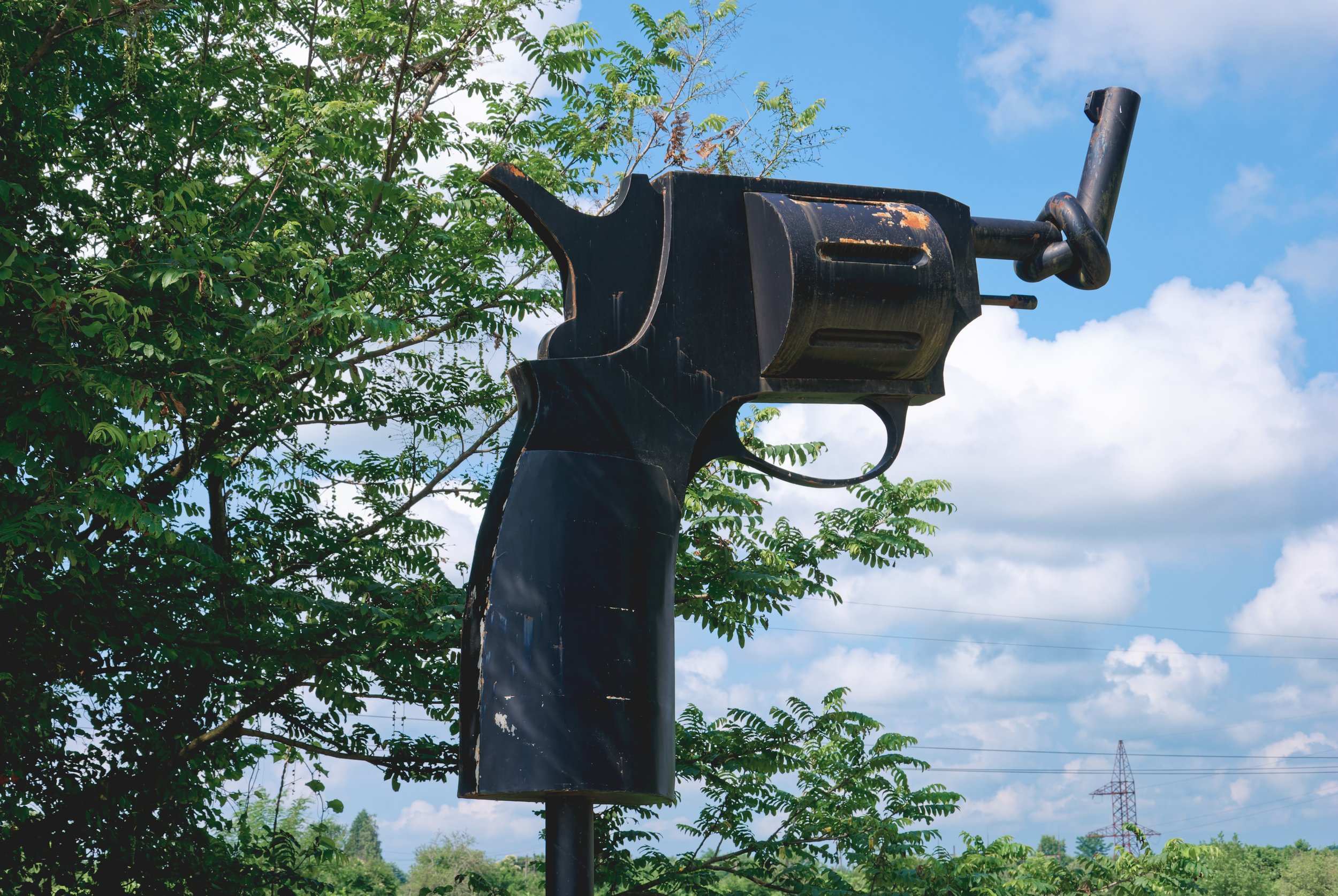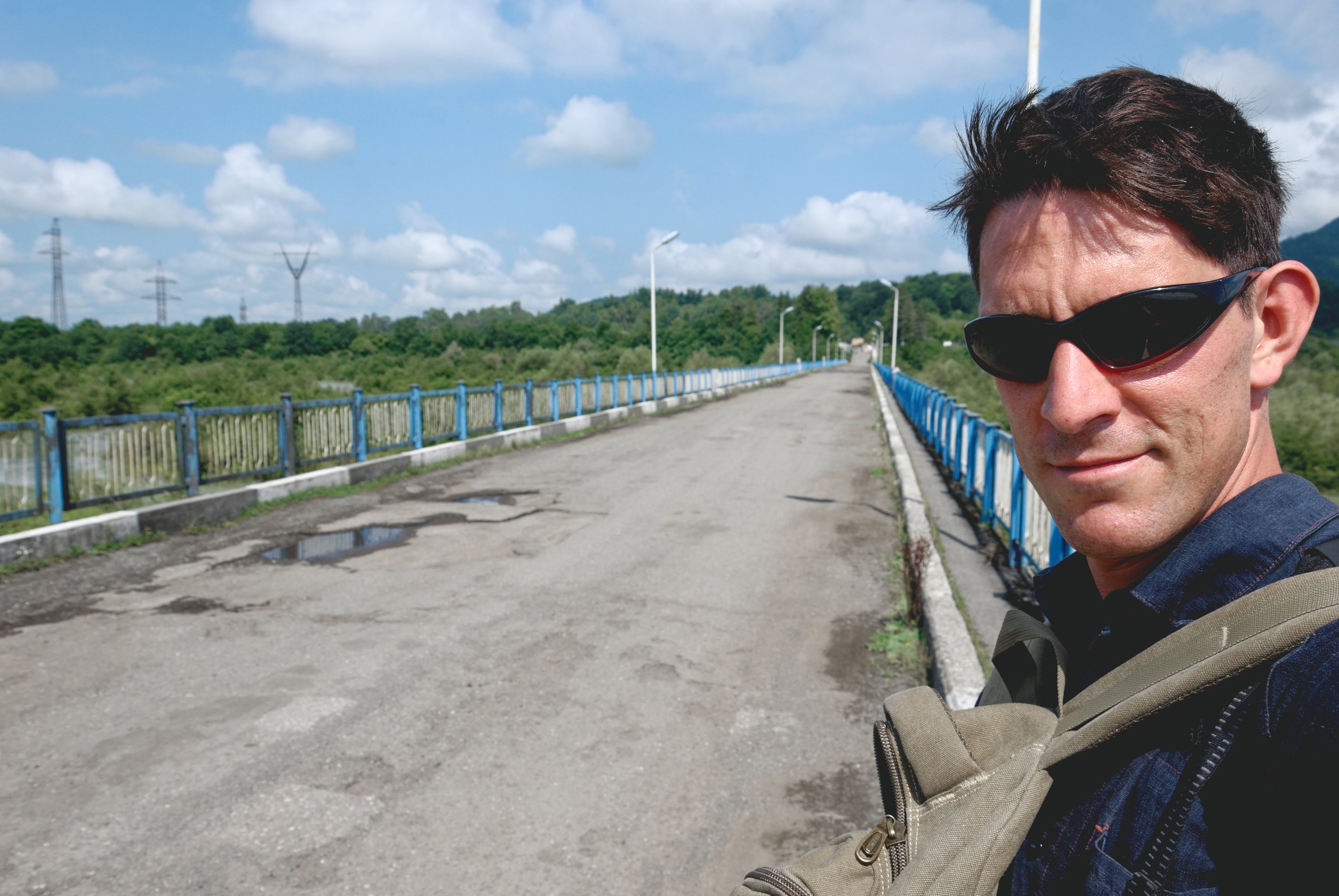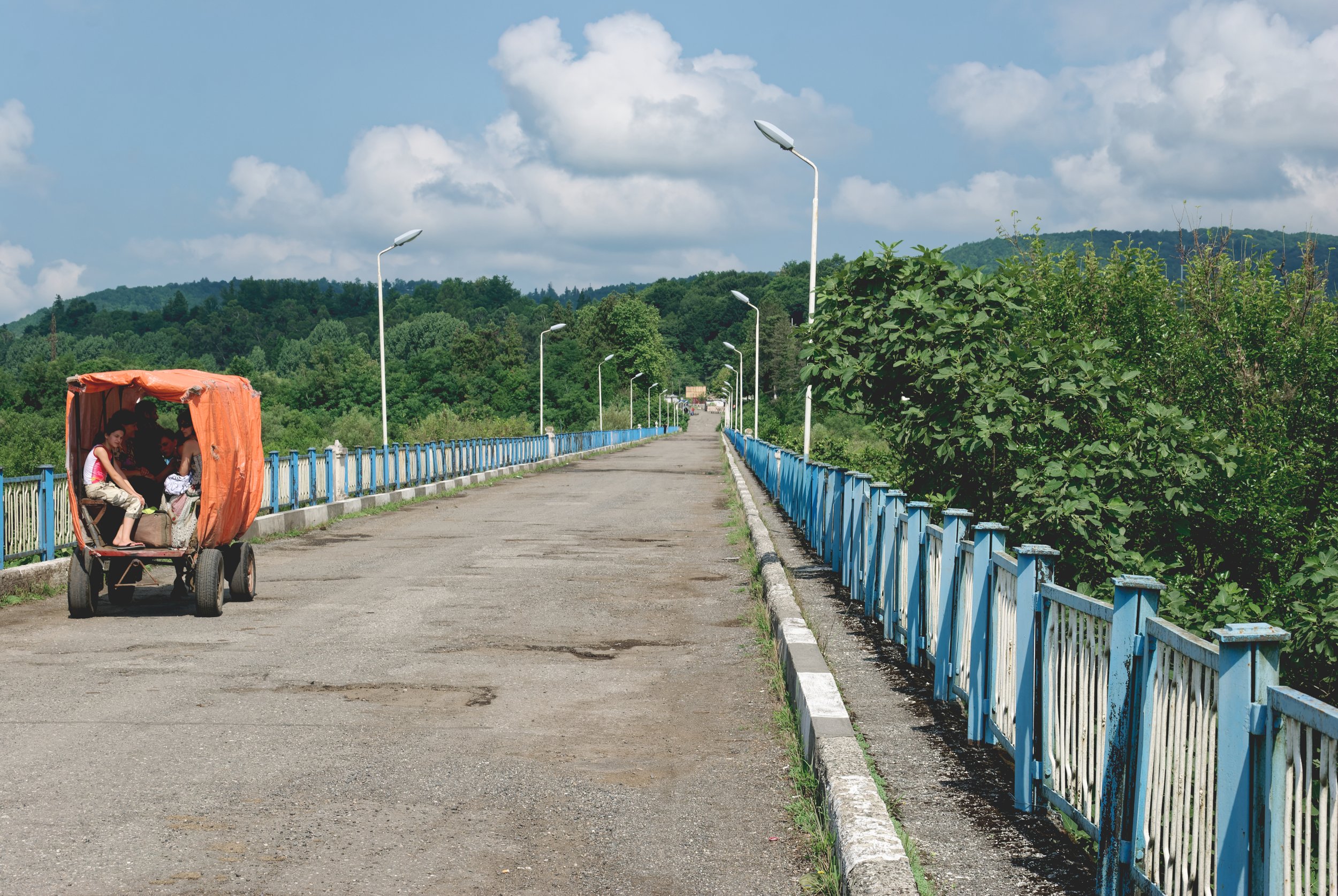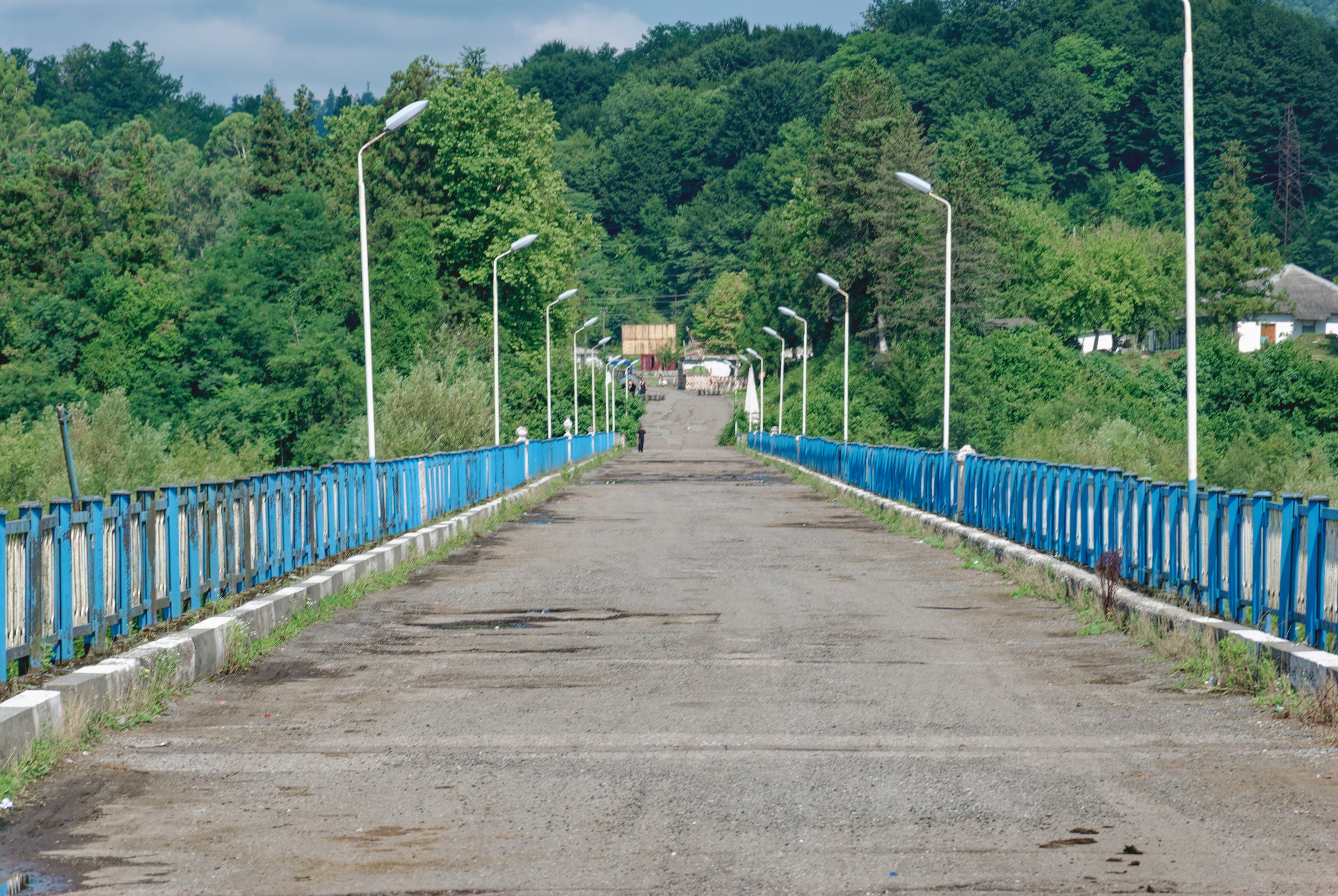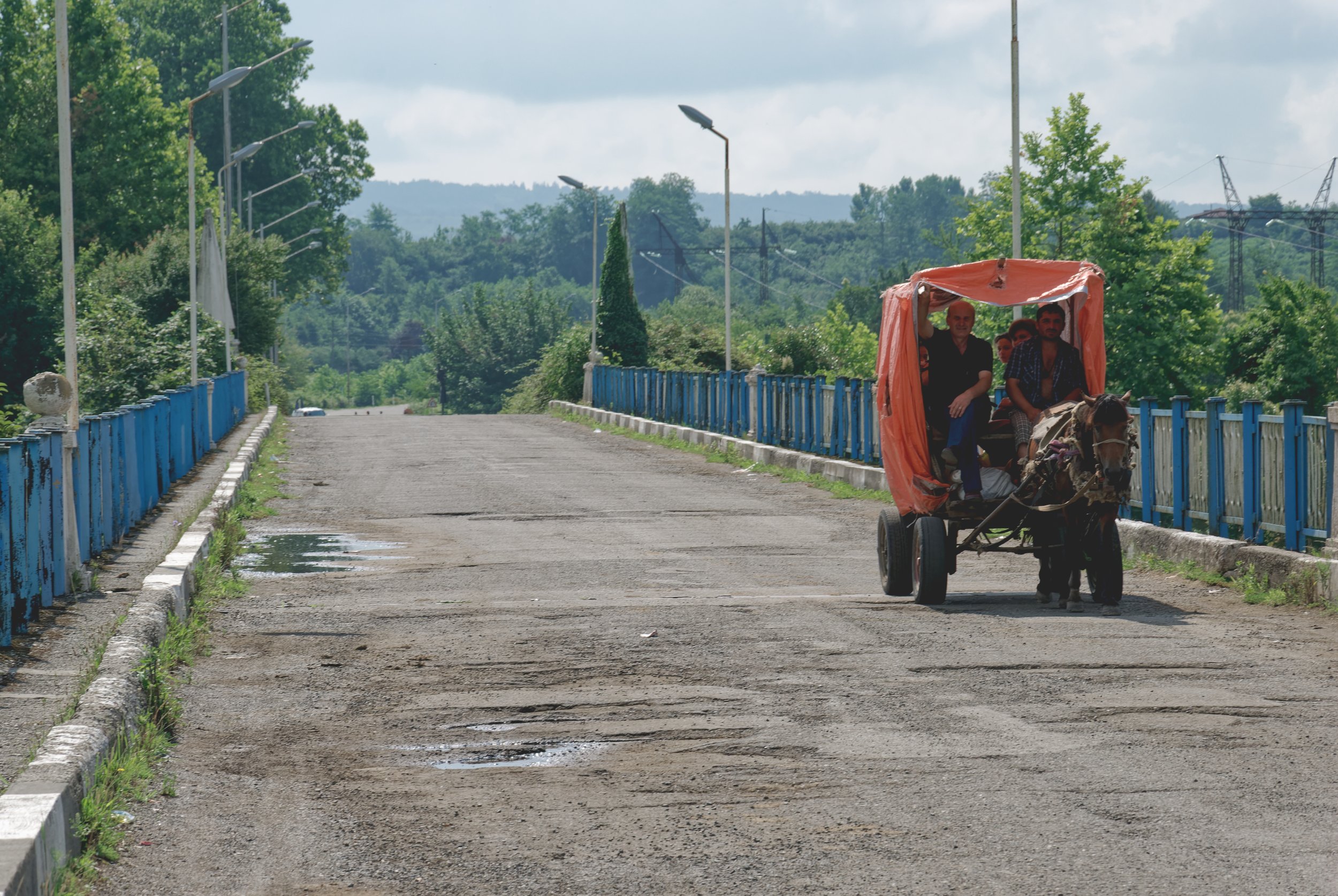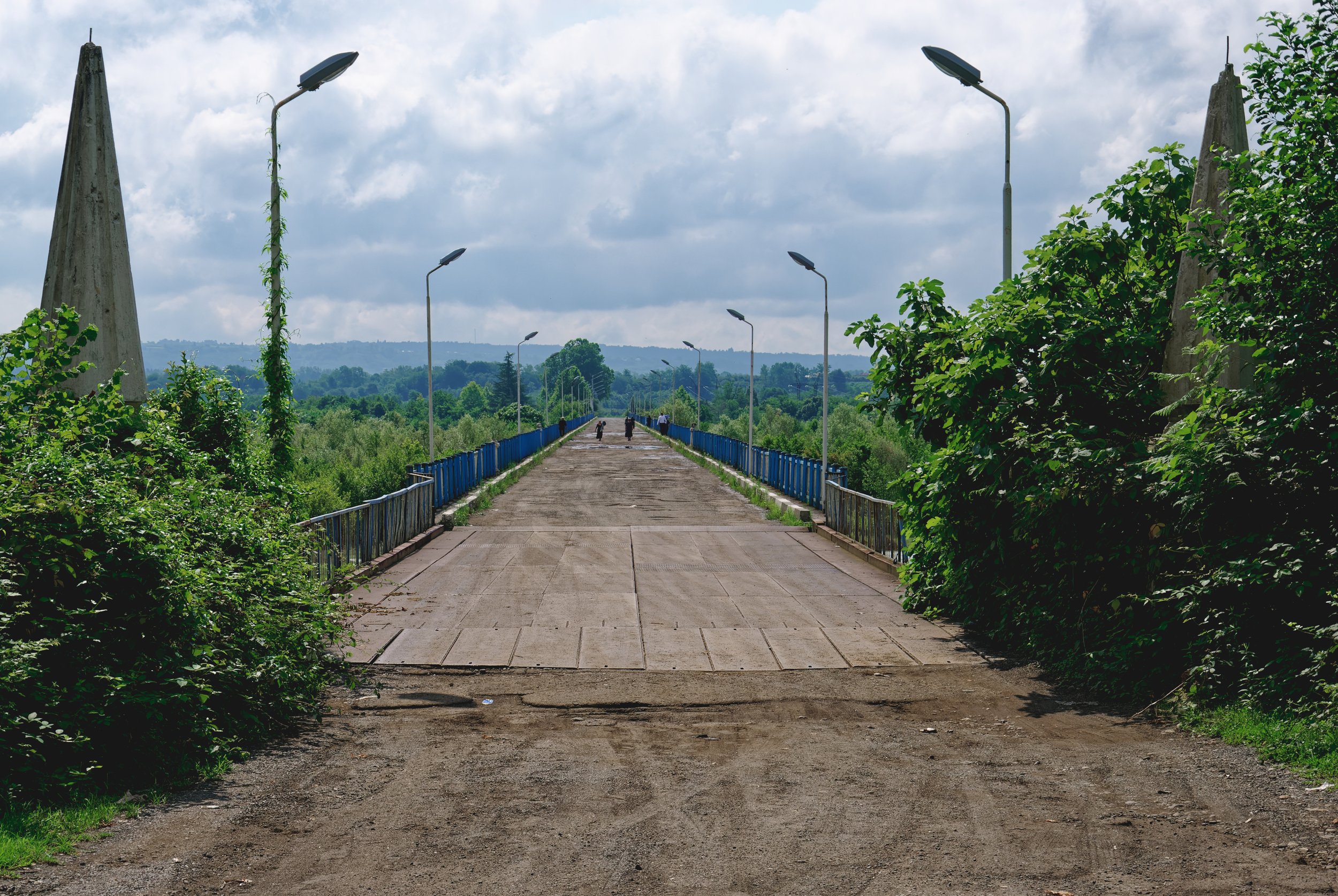151 - Not Quite A Country (Republic of Abkhazia)
“Everyone is kneaded out of the same dough, but not baked in the same oven.”
-Yiddish proverb
SUMMER IS A LOVELY TIME TO VISIT BREAKAWAY REPUBLICS, NO? So, I made my way to the Republic of Abkhazia, a renegade state scrunched betwixt Russia, Georgia, and the Black Sea. The Russian Empire finished conquering the region by the 1860s. In the process, they expelled most Muslim Abkhazians to the Ottoman Empire, where the largest diaspora still resides. Many others fled the Tsarist Russian-controlled territory between 1864 and 1878. Under Stalin, Abkhazia became an Autonomous Soviet Socialist Republic (SSR) within the Georgian SSR. Joey never had much love for the Abkhazians (or any ethnic minorities), fearing loyalty to Turkey. He purged the local communists, then encouraged a mass migration of Russians, Georgians, and Armenians to dilute the population. By the time the Soviet Union collapsed, it’s estimated only 17% were ethnic Abkhaz.
The ones that remained were never enthusiastic about Soviet rule, while few viewed themselves as part of Georgia. Georgia (to include autonomous Abkhazia) gained independence from the defunct U.S.S.R on April 9, 1991, though in August 1990, Abkhazian separatists had announced their succession, continuing on their defiant path to independence by placing the banking system, customs, border operations, the police, and the military under their sole authority. War soon followed.
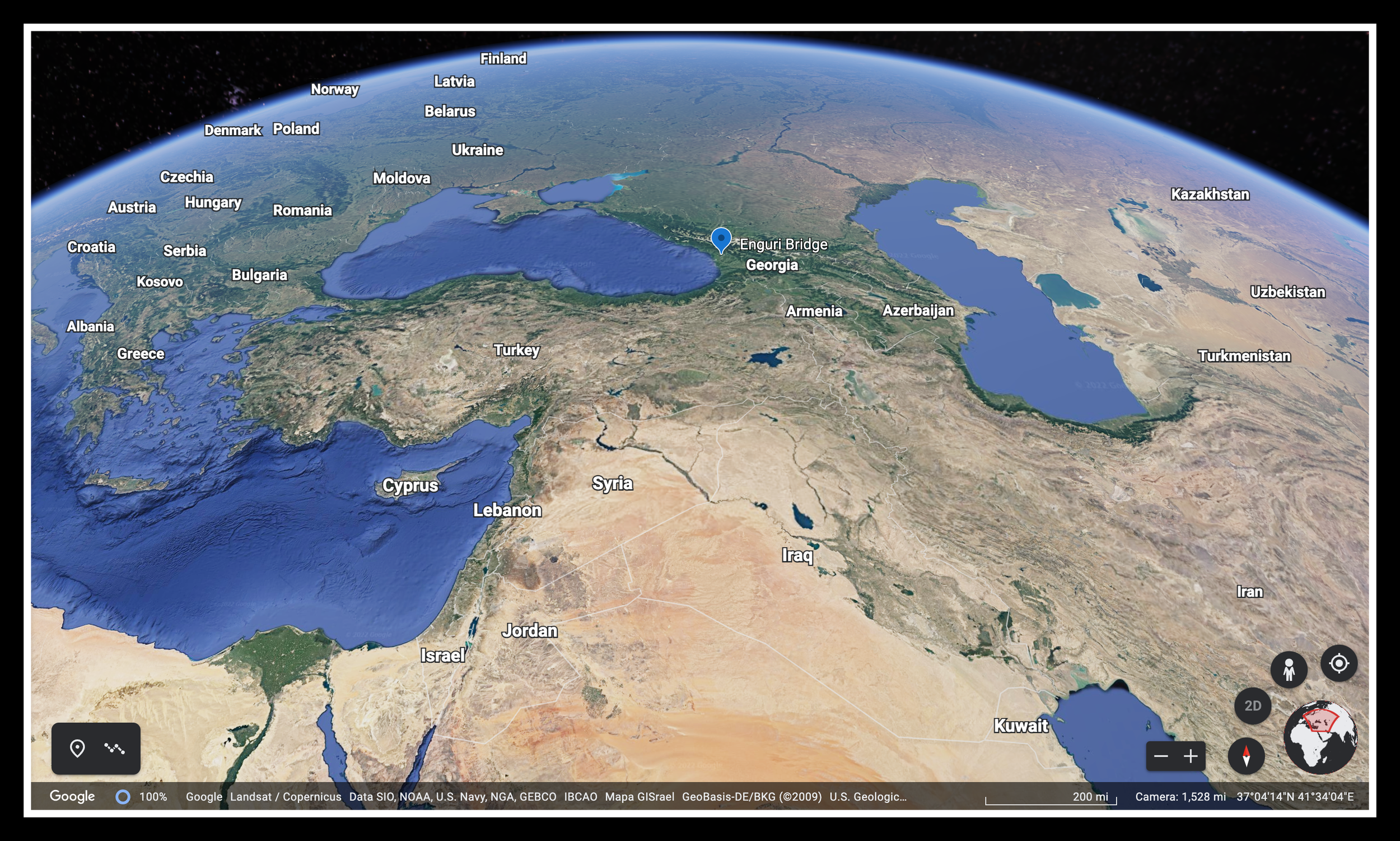
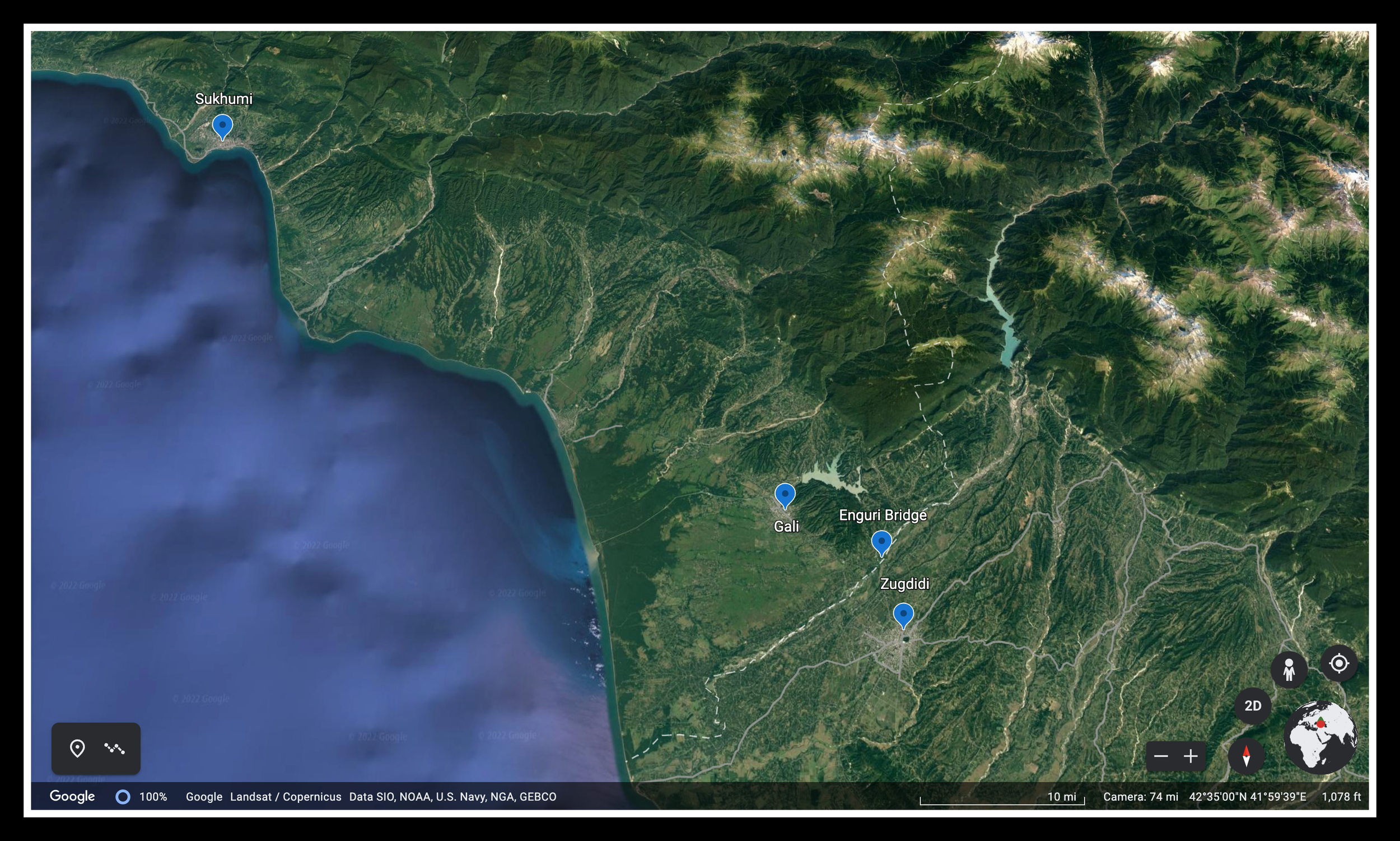
The causes of the 1992-93 Abkhazian War are complex and too numerous to expand upon here. A lot of very bad people did a lot of very bad shit on both sides. All the mayhem and bloodshed led to the ethnic cleansing of about 250,000 Georgians. Russian government actors, or various rogue elements therein, were (allegedly) behind much of the instability in the former soviets after the Soviet Union’s dissolution. Chaos reigned supreme, and it’s unlikely we’ll ever have a full accounting.
That wasn’t the end of it. Flash forward fifteen years. In 2008, Russia solidified its influence by seizing an opportunity during the Russo-Georgian War, taking possession of the Kodori Gorge along with Poti, Zugdidi, and Senaki. Although it did withdraw from the cities, the gorge was never relinquished.
To be or not to be a country. Only Russia, Syria, Nauru, Venezuela, South Ossetia, Transnistria (PMR), Artsakh, and Nicaragua recognize Abkhazia. Why these “countries?” Well, Russia supported Abkhazia's break. Syria, Nauru, Nicaragua, and Venezuela have close ties to the Kremlin. South Ossetia, Transnistria, and Artsakh are renegades themselves, so a mutual back-scratching makes sense. Nauru? Why would an island nation in Micronesia give a flying rat's ass about Abkhazia? Because Russia paid them fifty million dollars to care. In 2011, the island nations of Vanuatu and Tuvalu also joined the rebellion, but later reneged on their support. Though Russia is responsible for Abkhazia’s viability, some factions aren’t pleased with Russia’s influence, decrying its de facto status as an annexed state. It ain’t all peaches and sunshine, comrade.
Getting in was easy, at least diplomatically. (Logistically? Not so much .) I filled out an application at the Abkhazian Ministry of Foreign Affairs (MFA) website and waited for an authorization letter via e-mail. That letter was, at the time, sufficient to cross the border. MFA’s office issued the actual visa in Sukhumi. Upon arrival, I went to the bank, paid the twenty-dollar visa fee, then presented receipt and letter to the MFA office. So easy, even an American could do it. Let me emphasize “at the time.” Now? I’m guessing with all the turmoil in Ukraine, visas might be harder to come, but you never know.
I hopped a night train from Tbilisi to Zugdidi in western Georgia. Four-person birth. Windows didn't open. No air con. Beginning of July. Snail’s pace. Yessir. I arrived around 6 a.m., then conducted the normal haggling ritual for a taxi. My driver spoke zero English, confused by the idea of heading to the Georgian/Abkhazian border. I concluded this when he drove to the house of a friend or relative to find a translator at 6:30 a.m. It was a young girl no older than fourteen he roused from sleep in honor of the occasion. She never uttered a word of English, though her interpretive skill became superfluous when I finally managed to convey my intentions. To the border, I say!
My first stop was a Georgian police post. They, too, were befuddled by my itinerary. Who wouldn't be? I wasn’t a refugee returning to tend crops or livestock, an international aid employee, or a journalist. Just an ignorant tourist, kind sir. They wanted to see my Georgian visa. I didn’t have one. American citizens can stay in Georgia for close to a year without a visa. No one told them. Georgia doesn’t recognize Abkhazia's independence, so they can’t stamp your passport when you leave and enter the republic. The soldiers stationed on the Georgian side of the Enguri Bridge (named for the river it spans) were likewise bewildered. Even though I offered, they deemed it unnecessary to scan my passport. After all, you’re not leaving Georgia. I was eventually ushered towards no man's land across the bridge.
The bridge had an apocalyptic feel. Only a handful of people trickling back and forth at any one time, most of whom I assumed to be Georgian IDPs (Internationally Displaced Persons) with permission to enter their former lands to maintain crops and livestock. There was a lone horse cart shuttling folks across. The scene was one of haunting tranquility, though I learned later a Georgian policeman was shot nearby two days before I arrived.
Crossing into Abkhazia was seamless, taking only minutes to pass through border control. I presented my letter from the foreign ministry and was told (in grunting Russian) to get my visa in Sukhumi. Yessir. Now, I had to get to Gali just over the border where I could then catch a bus to the capital. In an inexcusable lapse of foresight, I forgot to buy rubles. I had only US dollars and some worthless Georgian cash. To make matters worse, very few people spoke English, putting me at a distinct disadvantage. The cab driver bilked me for 500 rubles (approx. $16 US) for the Gali ride. As he had zero change (wink, wink, nudge, nudge), it turned out to be more like $20.
The ride had the aura of a derelict war zone complete with neglected roads and dilapidated buildings for decoration. For reasons beyond me, I believe my driver blamed the then Georgian president, Mikheil Saakashvili, for the road’s disrepair. This confused me. I’m sure eastern Abkhazia’s decrepit state had nothing to do with the fact most previous residents were ethnic Georgians. (Sarcasm alert.) It felt like a quasi-monument to Abkhazia’s victory.
From the looks of Gali, I wasn’t sure anyone would’ve noticed if a bomb had been dropped in the town center. My cabby brought me to a bank to exchange dollars but, being Saturday, it was closed. Super. This precipitated the bilking I mentioned above. I boarded a bus for Sukhumi, and although I made every attempt to ascertain the cost, failed to do so. I later found out why.
The closer I got to the capital, the more improvements I saw, though there was still plenty of degradation. I wish I’d taken pictures of Gali and the surrounding region, but I thought it wise to keep moving, especially considering the unknown regularity of transport. In Sukhumi, the bus stopped at a bank so I could acquire cash. Closed. After my failed attempt, the driver and his minion attempted to extort $50 while the other occupants looked on. I gave them $10. I still got screwed. So much for a warm welcome. Stupid assheads.
